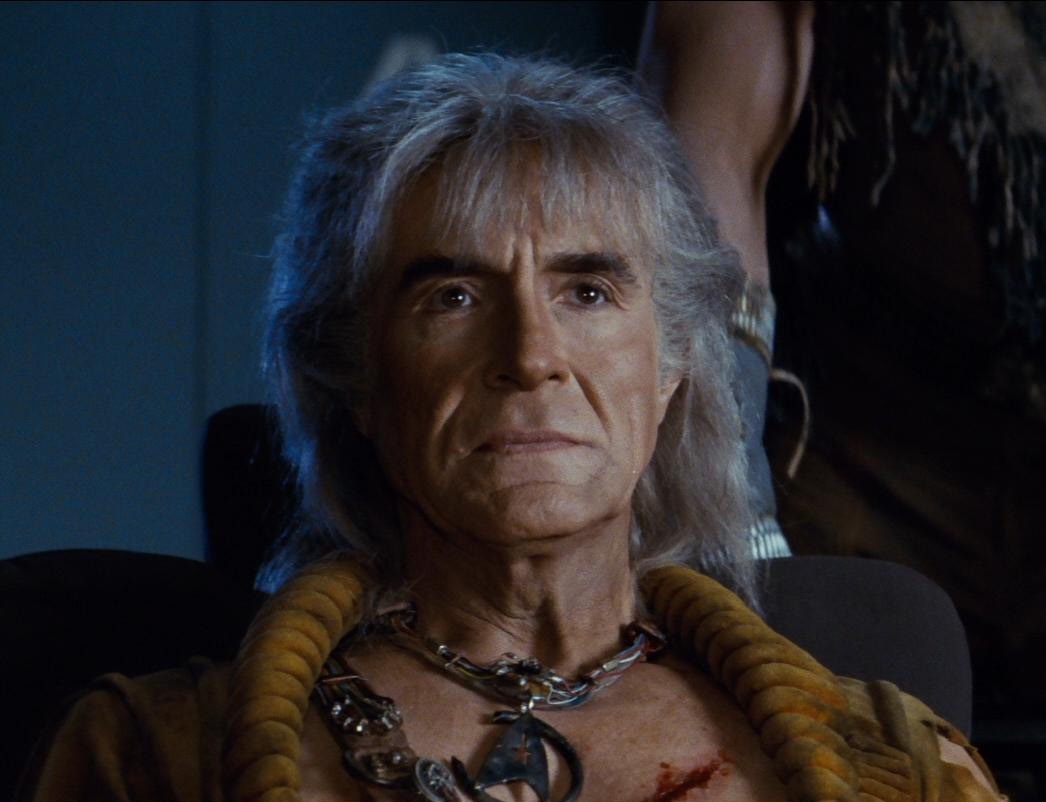1. The Washington Post has a good article about Clarence Thomas and the fascination behind him not asking questions. A snippet:
Some justices have told others that Thomas sometimes jots down
inquiries and urges Justice Stephen G. Breyer, his friend and seatmate
on the bench, to pose them.
The two often confer during oral arguments, and Thomas confirmed during a recent appearance at Harvard Law School that the talkative Breyer sometimes throws in a Thomas question.
“I’ll
say, ‘What about this, Steve,’ and he’ll pop up and ask a question,” a
laughing Thomas told the law students. “I’ll say, ‘It was just something
I was throwing out.’ So you can blame some of those [Breyer questions]
on me.”
And another thing is the Harvard speech itself. Although
he described himself during the interview with HLS Dean Martha Minow as
“quite introverted” and said he could “go a lifetime without making
public appearances,” his extracurricular life is as busy as that of any
of his colleagues.
***
He described himself as someone who tends “to get along well with
people.” He was lavish with praise for his colleagues — especially the
liberals.
He called Justice Ruth Bader Ginsburg the epitome of
what a judge should be. “She makes all of us better judges,” he said. He
called President Obama’s most recent nominee, Justice Elena Kagan, a
delight and said he told her that “it’s going to be a joy disagreeing
with you for years to come.”
And Thomas once again explained why he doesn’t ask questions at oral arguments.
“I
think it’s unnecessary to deciding cases to ask that many questions and
I don’t think it’s helpful,” he said. “I think we should listen to
lawyers who are arguing their case and I think we should allow the
advocates to advocate.”
2. In local news, Paul Calli who is representing the Lewis Tein firm, is showing why people shouldn't rush to judgment (
via DBR):
A longtime accountant who was fired by the Miccosukee Indians days
before she was to give a deposition in the tribe's malpractice lawsuit
against the Lewis Tein law firm testified tribal lawyer Bernardo Roman
III tried to influence her testimony and wanted her to lie.
Jodi
Goldenberg, who worked for the Miccosukees for 21 years, said at the
deposition attended by Roman that she was not told why she was fired but
suspected there were several reasons.
"One being that I know the
truth in some of these cases that are going on, and I think that what
I'm going to say is contrary to what the tribe's attorney wants me to
say. Maybe he wanted me to appear to be a disgruntled employee,"
Goldenberg said.
UPDATED:
3. Two big search cases from the Supreme Court today. From SCOTUSblog:
First opinion —
Harris (dog sniffs) — Kagan for the Court reversing the Florida S. Ct. unanimously.
The Court holds that because training and testing records supported
the dog's reliability, and the defendant failed to undermine that
evidence, there was probable cause to search the defendant's truck....
Here's the opinion in Florida v. Harris.... The
Harris opinion does not refer to the
Jardines opinion, so we may not get it today after all.
From the
Harris opinion: "The Florida Supreme Court flouted this established approach to determining probable cause." (Ouch.)...
Third opinion --
Bailey v. United States -- per Kennedy, the Second Circuit is reversed. The vote is 6-3, with Breyer, Thomas, and Alito dissenting....
The Court holds that
Michigan v. Summers is limited to the immediate vicinity of the premises.
Justice Scalia writes separately. Kagan and Ginsburg join both the Court's opinion and the Scalia concurrence.
This was the case about searching someone on the basis of a warrant to search a house, when they have left the premises.
Here is the opinion in Bailey v. US....
The Court will have more opinions at 10 am tomorrow. Again, we do not know which ones or how many there will be.
The other dog-sniffing case is 11-564,
Fla. v. Jardines. It did not come out today.



